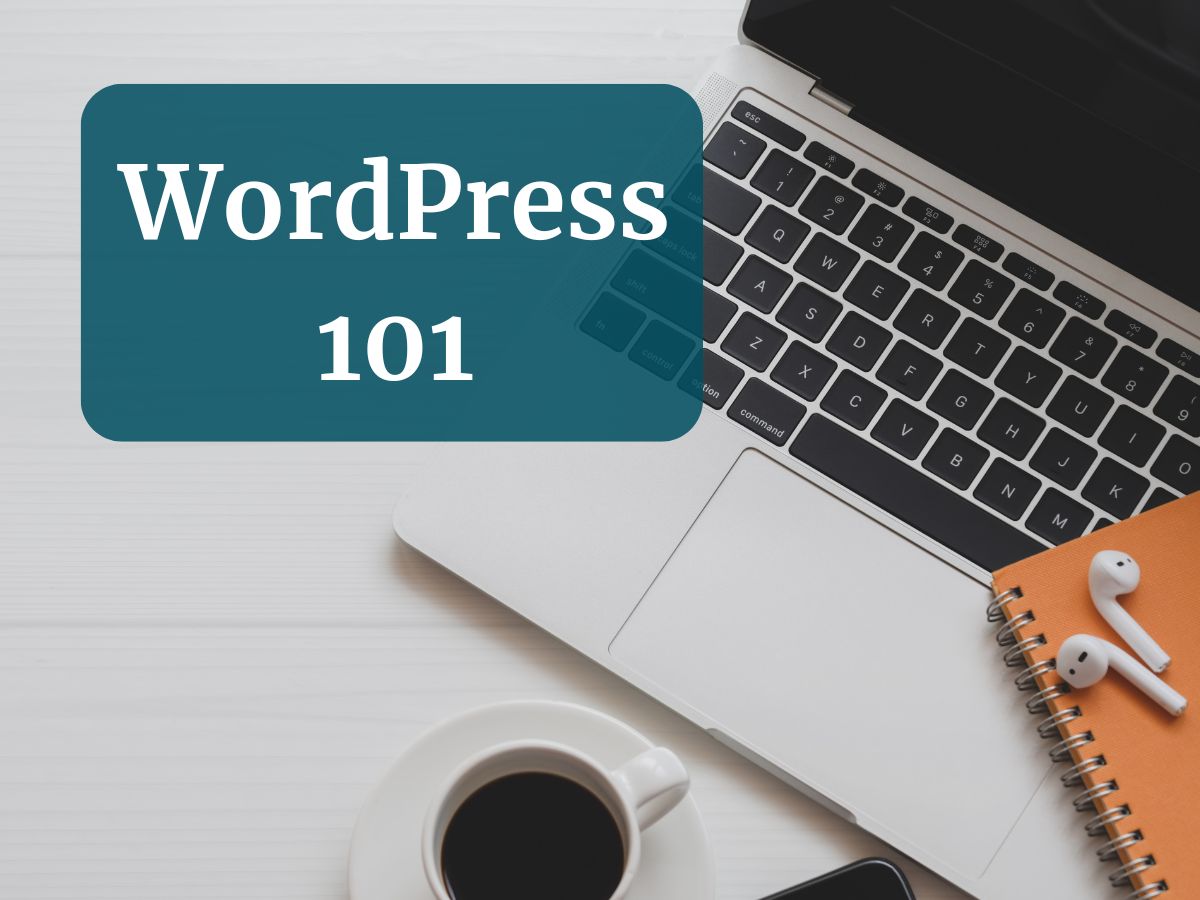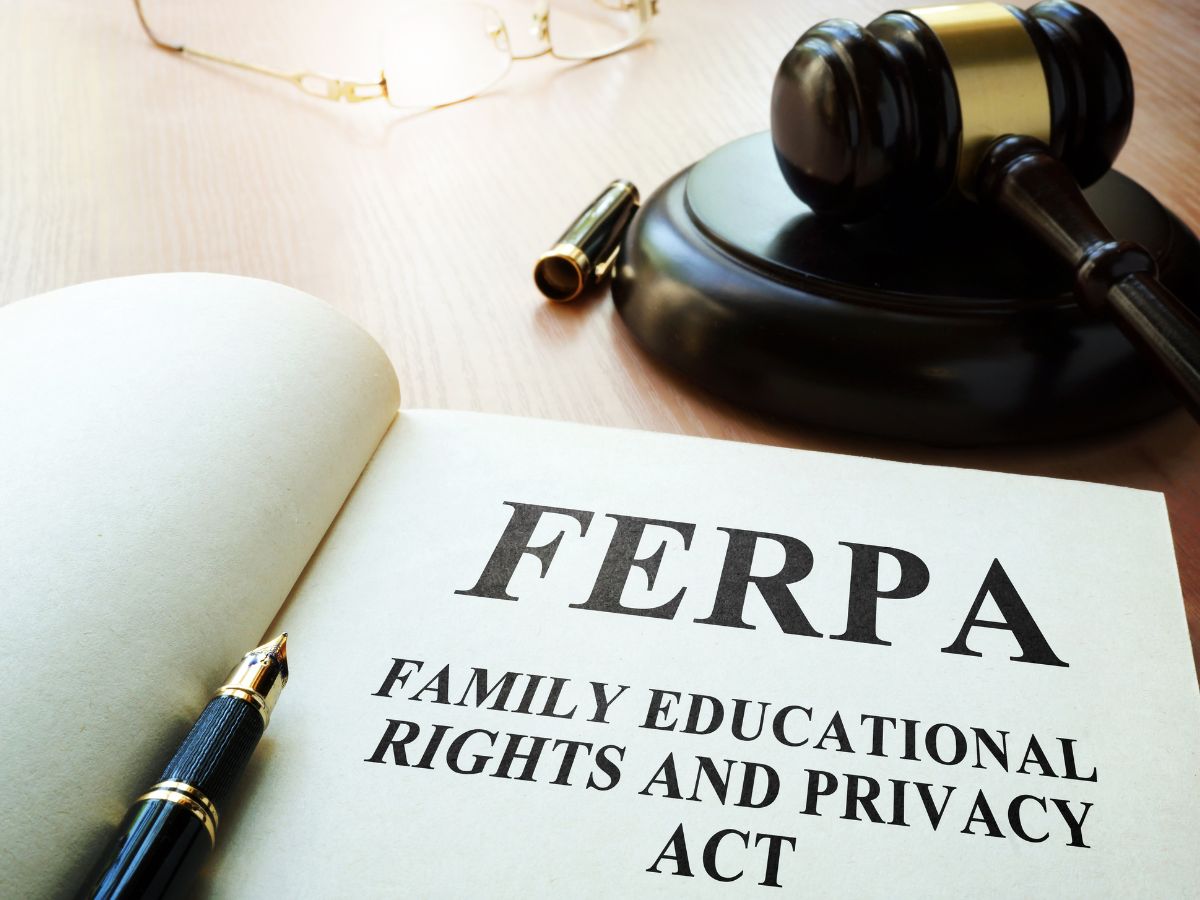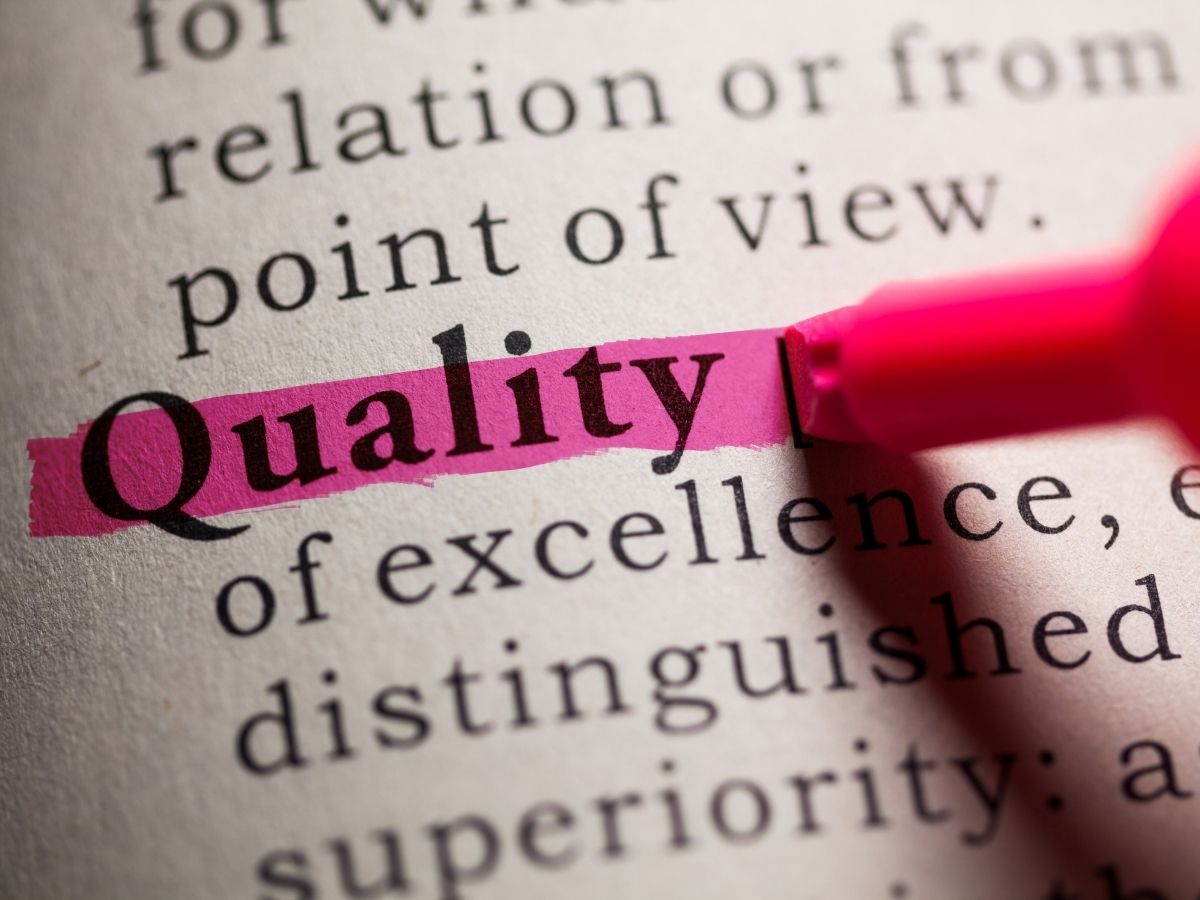Cindy Tucker
-

WordPress 101 is a required course for all individuals who wish to edit a new or existing CAES or UGA Extension WordPress site. Please note that the Web Accessibility Course is a prerequisite for this course.
-

This one-stop handbook provides CAES and UGA Extension website content managers with the resources they need to manage, edit, and publish official websites consistent with the CAES Web Publishing Policy.
-

Under the new Family Educational Rights and Privacy Act (FERPA) policy effective December 31, 2024, CAES can no longer publish certain types of student directory information on our public websites.
Posted in: News & Alerts -

A new federal rule requires state and local governments, including public universities, to ensure all digital content—websites, mobile apps, and social media—is accessible to people with disabilities. Issued by the U.S. Department of Justice, this update to Title II of the ADA was published on April 24, 2024, and took effect on June 24. As…
-

Writing for the web is not the same as writing for a print publication. When developing your web content it is important to appeal to both online visitors and search engines. Review our list of quick tips for writing quality web content.
-

For UGA Extension County Office Websites Only: If you need to edit a county website, this Adobe Experience Manager (AEM) course is for you. Completion is required before gaining access to edit your site.
-
There is no excerpt because this is a protected post.
Posted in: General -

OIT can help with your grant-funded website by providing advanced guidance on aesthetics, accessibility, customization, usability, structure, SEO, strategy, and more! Contact us for a project bid.
-

Shareable web content is so good it moves readers to naturally want to share it with their friends on their social media channels like Facebook, Instagram, LinkedIn, etc. Creating content that resonates and encourages sharing is essential for expanding your reach and enhancing your online presence.
-

Headlines are the gateways to your content. In an age where information is abundant but attention is scarce, crafting a headline that stands out can make all the difference. You could have valuable content in every post you write, but it won’t matter much if no one ever reads it.